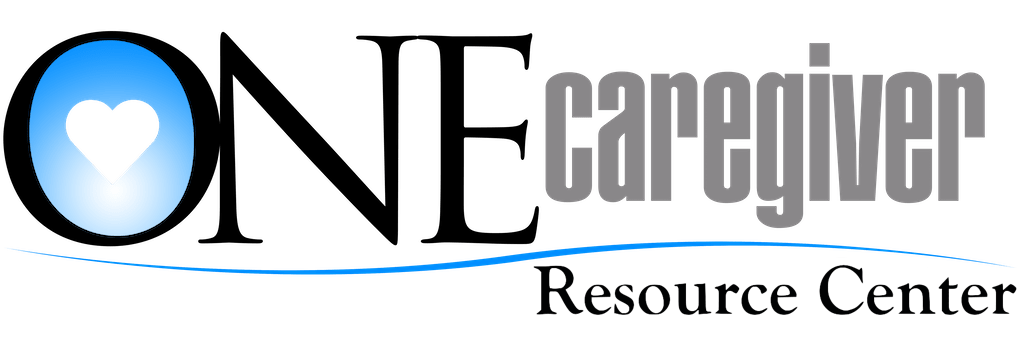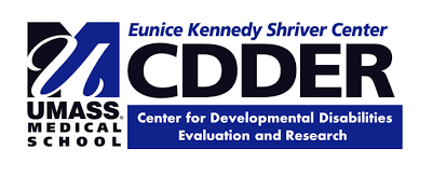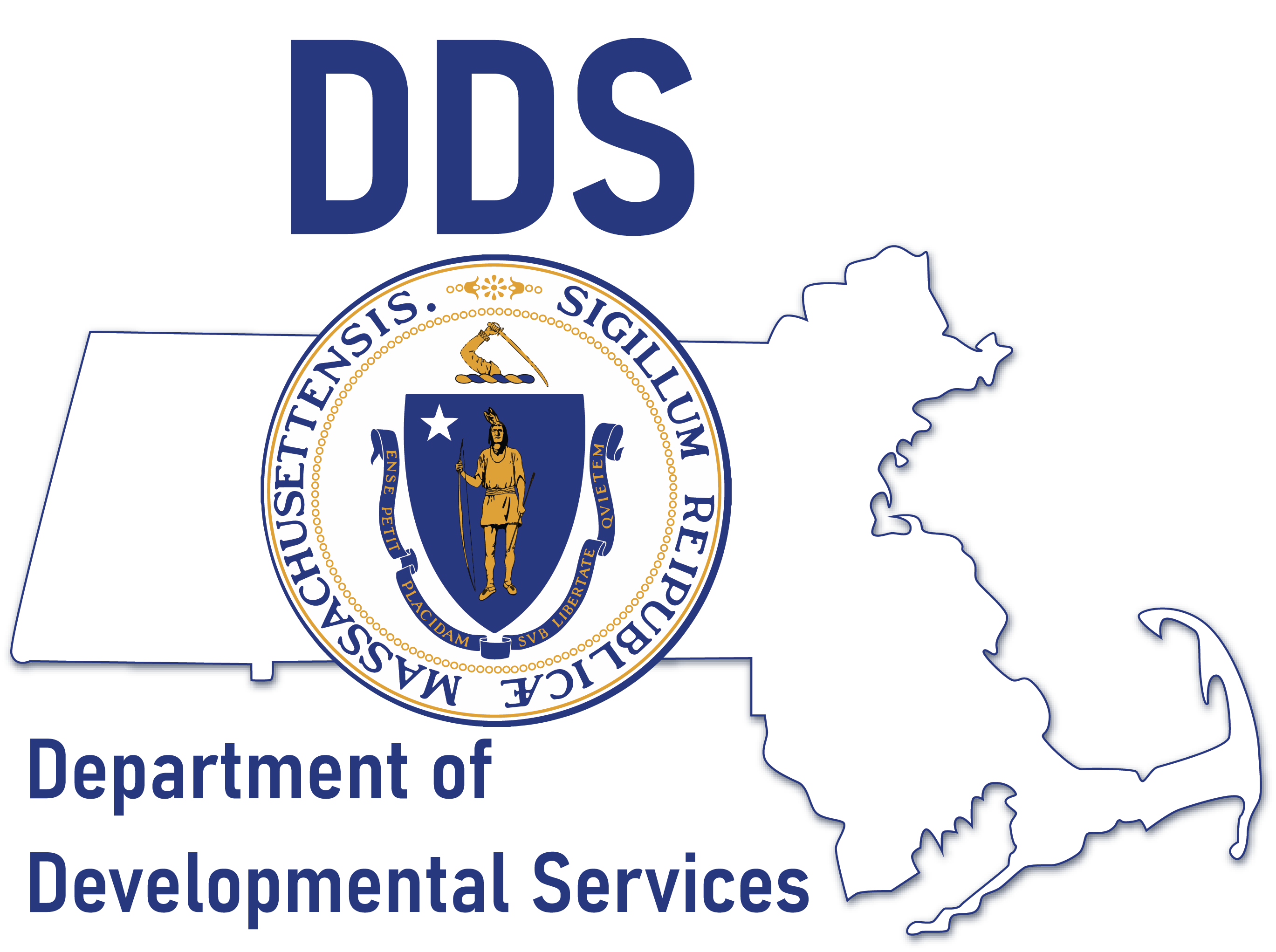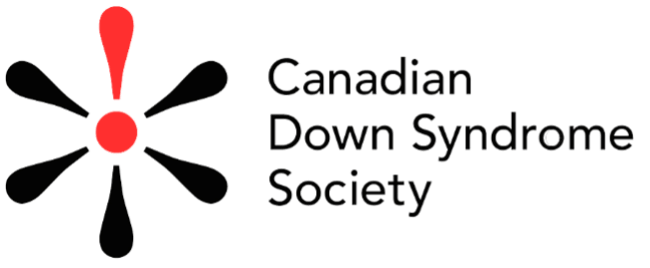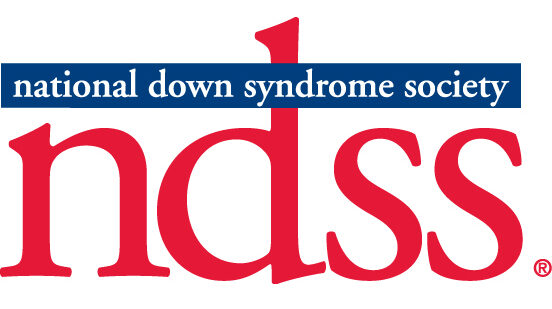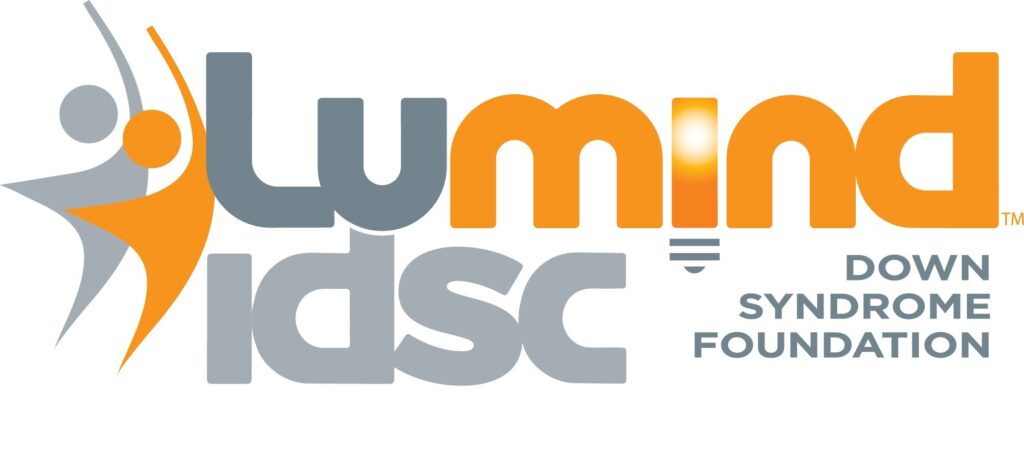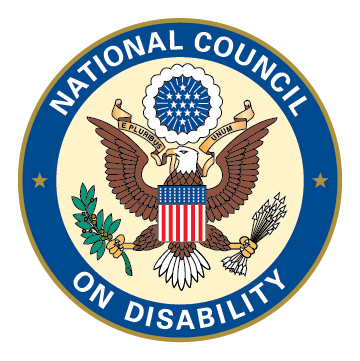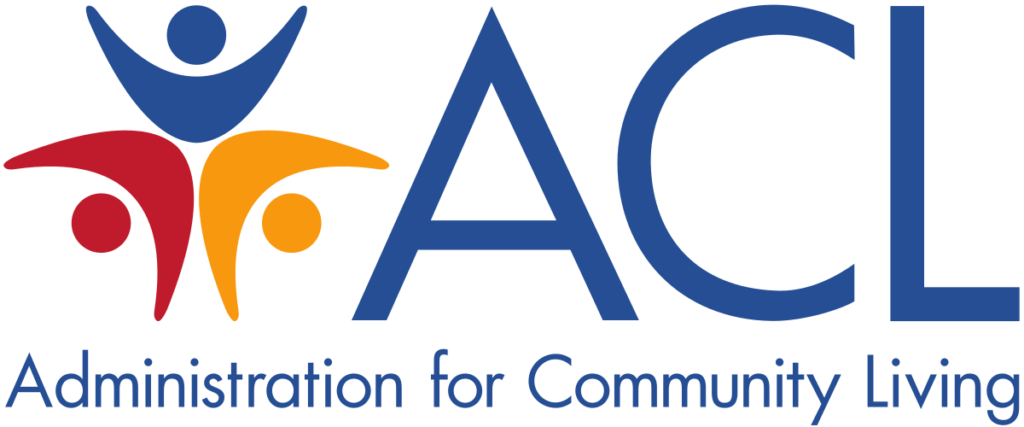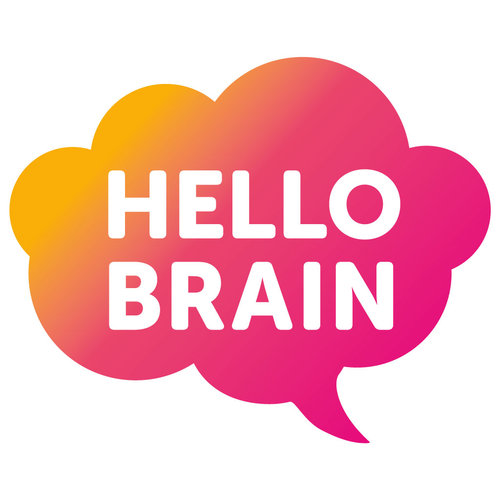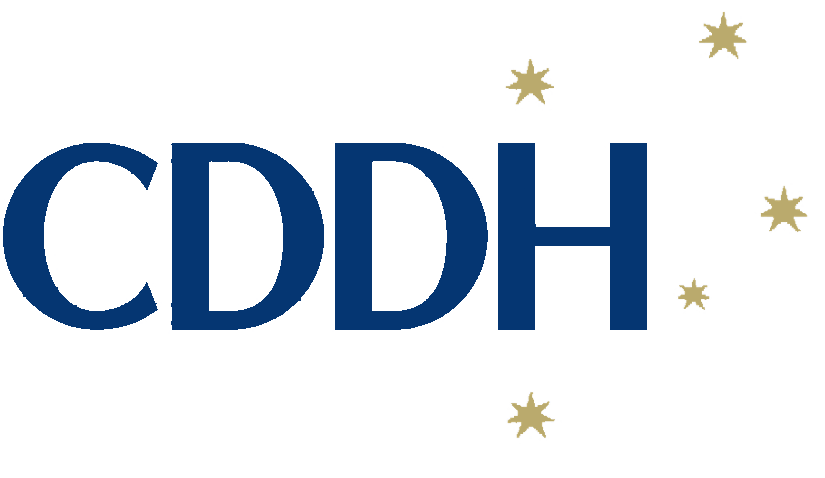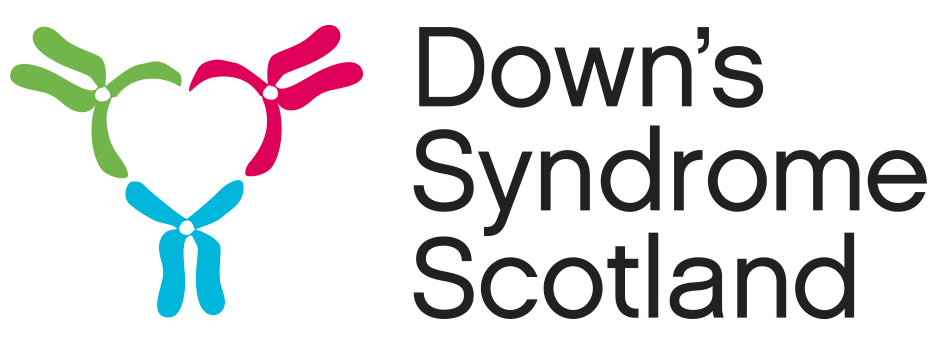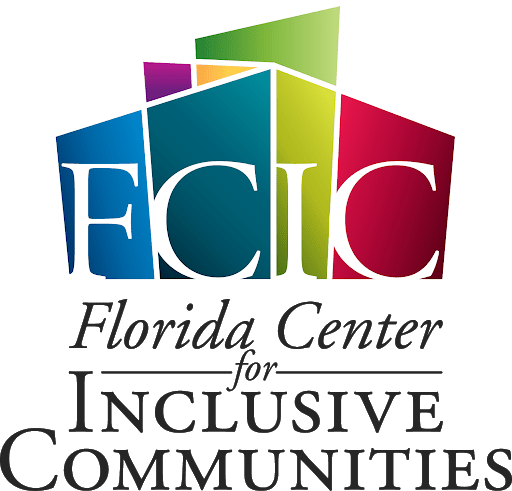Healthy Aging
Medical advances have contributed to increased longevity in the general population and those with intellectual and developmental disabilities (I/DD). To reduce the onset of diabetes, hypertension and, high cholesterol, it is important to integrate healthy eating, exercise and, limit alcohol, and tobacco intake into our daily routine. Because those with I/DD are aging similarly to the general population, this also means, that not all adults with I/DD will have a diagnosis of dementia. Because of this, before assuming that behavioral changes may be dementia, it is important to rule out treatable health issues, which may affect, or cause, these changes.
EDUCATIONAL VIDEOS
University of Massachusetts Medical School
The Eunice Kennedy Shriver Center at UMass Medical School, offers a wide range of programs that respond to the needs of a person with intellectual and developmental disabilities (I/DD). The Center for Developmental Disabilities Evaluation and Research (CDDER), has developed an extensive series of brief video’s (10 – 20 min.) that address the various issues in normal aging in those with an intellectual and developmental disability.
Topics Include:
- Health Promotion and Aging in Adults with I/DD
- Understanding Age-Related Changes
- Aging with an Intellectual and Developmental Disability
- General Aging with Down Syndrome
- Aging and Cerebral Palsy
- Behavior Related Changes in Adults with I/DD
- Mobility and Aging in Adults with I/DD
- The Role of Polypharmacy
- Identifying and Assessing Pain
The CDDER also offers educational videos on:
Dementia and I/DD, and End of Life Issues and a summary of Promising Practices on Oral Health Care for Adults with I/DD.
PREVENTIVE HEALTH SCREENINGS
Massachusetts Department of Developmental Services
The Massachusetts Department of Developmental Services (DDS) has developed a Preventive Health Screening Checklist, which includes common age-related medical conditions and risk factors that are intended to facilitate a discussion between patients, caregivers and, health care providers. The DDS has created a Wall Chart, which lists various health conditions, recommendations, and the age that an adult, with intellectual and developmental disabilities (I/DD), should be screened.
HealthMatters Program
The HealthMatters™ Program is an evidence-based health promotion program for people with intellectual and developmental disabilities (IDD) and their support in health-friendly communities. The goal of the HealthMatters™ Program, is to engage people with IDD and their supports to have access to research, education and training, service learning, and evaluation tools to improve their health where they live, work, learn, and play. They have created a Healthy Brain series, which includes:
Healthy Aging and Down Syndrome
Canadian Down Syndrome Society
Over the past 40 years the life expectancy of adults with Down Syndrome has more than doubled. To help prepare for the future, it is important for family members and caregivers to understand and support the aging process for those living with Down syndrome. The Canadian Down Syndrome Society (CDSS) a published Today & Tomorrow A Guide to Aging with Down Syndrome in both English and French as well as an article Aging with Down Syndrome: One family’s story.
National Down Syndrome Society
The National Down Syndrome Society (NDSS) has created the 321go! program in an effort to promote physical activity, healthy lifestyle choices balanced nutrition and emotional wellness among individuals with Down Syndrome and their families. The 321go! Program Guide offers daily challenges and goals with a guide to track your progress with 321go! Program Weekly Goal Tracker and the 321go! Family Guide to encourage a healthy lifestyle.
The NDSS has also created Aging and Down Syndrome; A Health and Well Being Guide in an effort to prepare adults with Down Syndrome and their families to be proactive and take positive action in their health care as well as an educational video Aging and Down Syndrome with Dr. Julie Moran that discusses changes, which come with age, and tips on how to stay active and engaged in the community. NDSS has also created a publication specifically dedicated to discussing Alzheimer’s disease in those with Down Syndrome.
The Lumind IDSC Foundation
The LuMind IDSC Foundation is committed to accelerating research to increase availability of therapeutic, diagnostic, and medical care options to help family members and individuals with Down syndrome to live longer lives with improved health and independence. They have published the GLOBAL Medical Care Guidelines for Adults with Down Syndrome©, that addresses medical conditions and provides recommendations to ensure better health for those with Down syndrome.
Oral health
National Council on Disability
People with intellectual and developmental disabilities (I/DD) experience significant issues accessing quality, appropriate, and timely oral health care (OHC) services. Despite efforts by federal, state, and local agencies, legislatures, and key advocates, adults with I/DD remain the largest minority population with unmet OHC needs. The National Council On Disability addresses this systemic problem in their research Incentivizing Oral Health Providers to Treat Patients with I/DD.
The National Institute of Dental and Craniofacial Research
People with intellectual and developmental disabilities (I/DD) experience poorer oral hygiene; have a higher prevalence and severity of periodontal disease and incidence of untreated dental conditions than the general population. The NIH National Institute of Dental and Craniofacial Research (NIDCR), has information and publications on oral hygiene as it relates to those with, Autism, Cerebral Palsy, Down Syndrome, and Intellectual Disabilities.
University of Plymouth
The University of Plymouth has created The Dental Dementia Friendly Guide to enable dental teams to understand and respond positively to the needs of a person living with dementia and their families when they visit their dental surgery.
Discussing Healthy Aging
Administration for Community Living
The Administration for Community Living was created around the fundamental principle that older adults and people of all ages with disabilities should be able to live where they choose, with the people they choose, and with the ability to participate fully in their communities. They have created handouts for consumers on brain health that Talk About Brain Health & Aging as well as Medicine, Age and Your Brain.
Hello Brain
Hello Brain is committed to improving the mental health of adults by providing easy to understand scientific information through simple explanations and brief (2:00 – 3:00 minute) educational videos.
Topics include:
Hello Brain also offers caregivers practical support and recommendations to caregivers on managing challenging behavior.
Centre for Developmental Disability Health
Centre for Developmental Disability Health (CDDH) provides education and training to health and disability practitioners to enable the development of positive attitudes and a sound knowledge base in relation to the health issues of people with developmental disabilities. You can also find extensive resources for Medical Practitioners, Allied Health Professionals, Disability Support Workers and people with disability and their families.
Down Syndrome Scotland
Down’s Syndrome Scotland has published a booklet, Let’s Talk About Getting Older, which explains the realities of aging. In addition to this, the Down’s Syndrome Scotland has also created booklets for caregivers, Living with Dementia, which provides practical ideas to change the environment to reduce confusion. Let’s Talk About Dementia, a booklet designed for adults with Down Syndrome which helps to explain the disease, and Keep Talking About Dementia, a booklet that offers tips and information for siblings, who often become the main career for a brother or sister with Down’s syndrome.
Person-Centered Health Planning and Advocacy
Resources For Integrated Care
The Resources For Integrated Care (RCI) has created person-centered planning tools My Health, My Life Toolkit, that is offered in both English and Spanish for individuals with intellectual and developmental disabilities (I/DD), their family member(s), guardian(s), and their health provider support team, to help them to keep track of personal health information and engage in the planning process. RCI also offers a variety of Webinars on understanding the needs and implementing supports for older adults with intellectual and developmental disabilities.
Florida Center for Inclusive Communities
The Florida Center for Inclusive Communities has developed a range of supports and services to promote independence, productivity, and community inclusion to individuals with developmental disabilities (I/DD). They have created My Health Report, for regular visits to the doctor, which summarizes relevant information for medical professionals, My Health Passport, which is document that describes supports and preferences of an individual, How Do I Talk to My Doctor?, which provides tips on effective communication, Providing Excellent Care for Patients with Developmental Disabilities, which offers tips, and provides links to additional resources, and Exploring My Decision Making Options, a user-friendly guide to supportive decision making.
